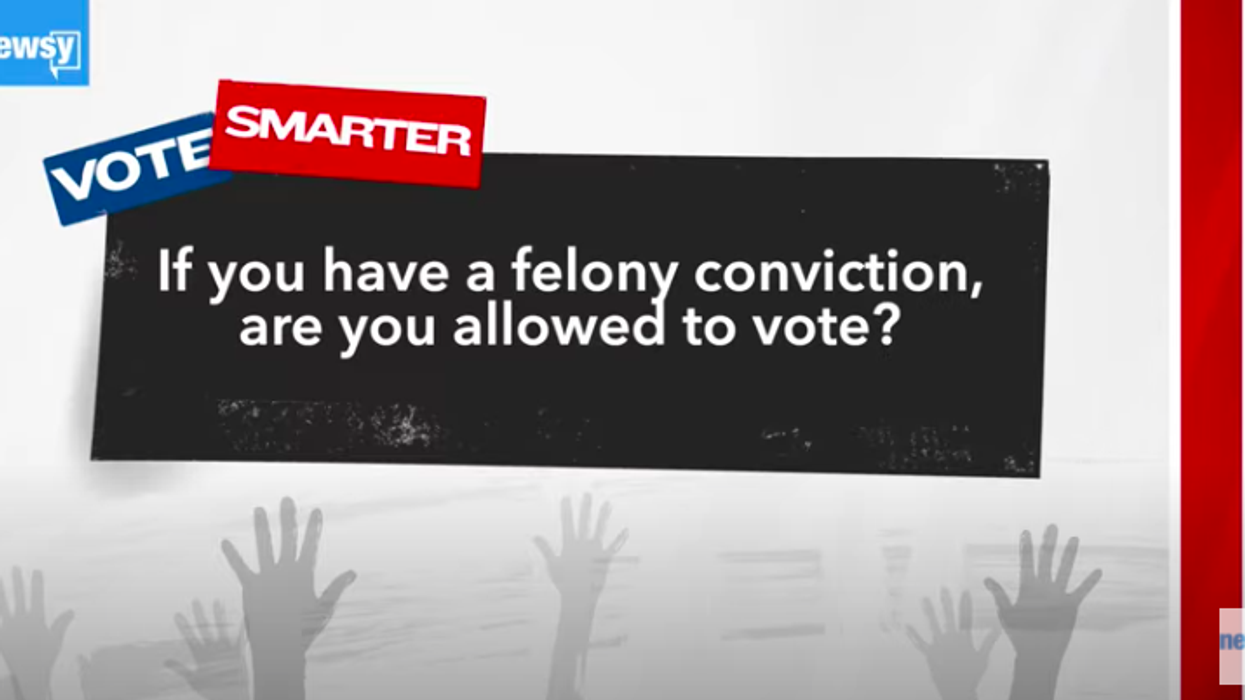Newsy's Vote Smarter 2020 series aims to answer your questions about the most unusual election in modern history. From early voting to counting ballots to staying safe at the polls, get all the information you need to successfully cast your ballot this year.
This video is being made available on The Fulcrum through our partnership with Newsy — "delivering news with the why."




















Trump & Hegseth gave Mark Kelly a huge 2028 gift